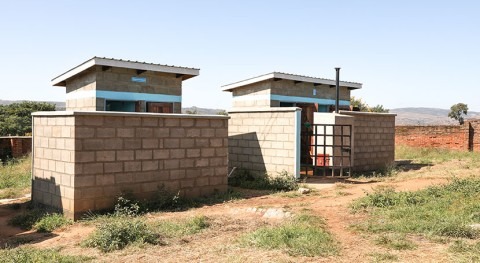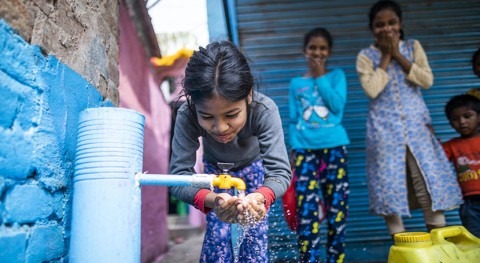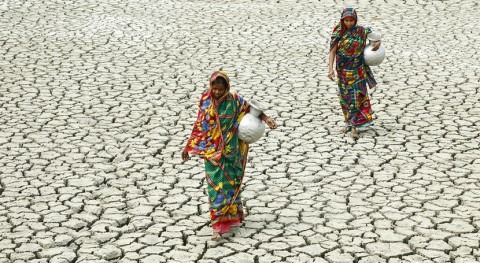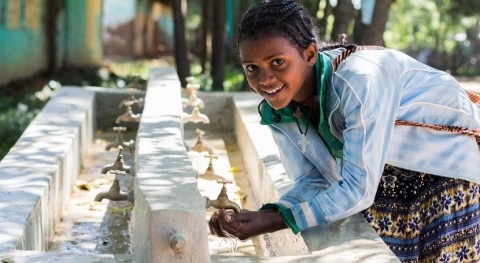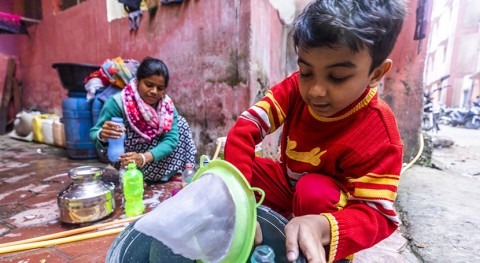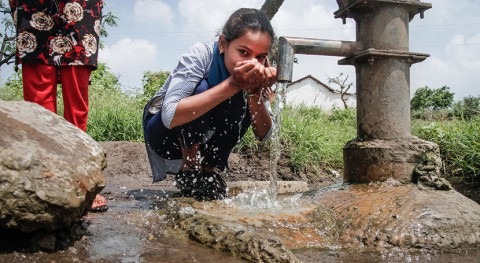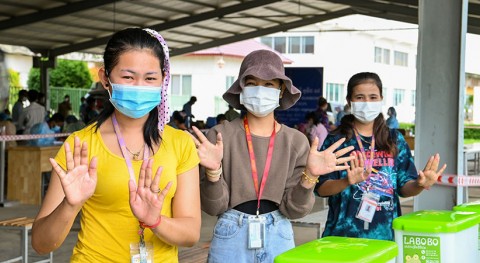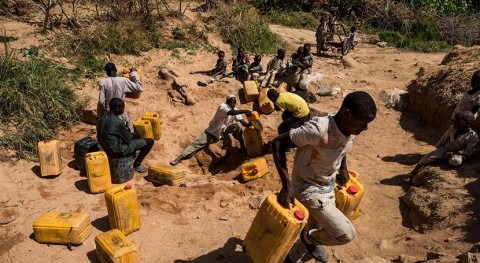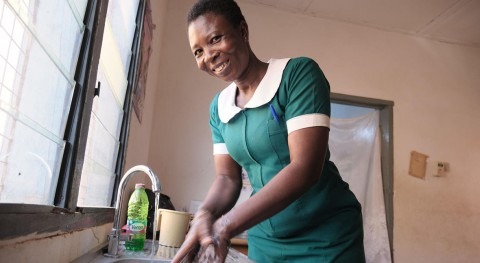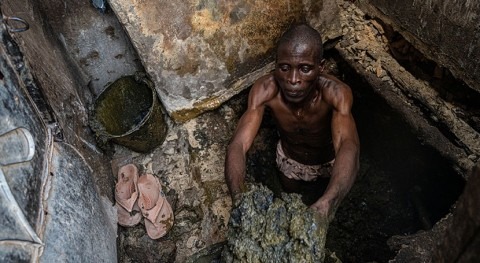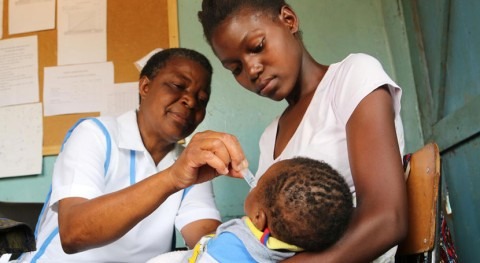Health experts around the world have expressed alarm at the extent and gravity of recent cholera outbreaks in 30 countries. Some of the affected countries had not reported any cholera cases for years.
Arielle Nylander, WaterAid Senior Health Policy Analyst said: "Over the last year we’ve seen a staggering global cholera crisis, reversing years of declining infections. Climate change is now recognized as a major contributing factor in the resurgence of the deadly disease. There are not only more outbreaks, but they affect more people and are deadlier.
"In total, 13 countries which reported no cholera in 2021 experienced outbreaks in 2022. More concerning, many of these countries had been cholera-free for years. Lebanon had reported no cholera for nearly three decades, but by the end of 2022 there were cases in the majority of districts across the country.
"Among the usual contributing factors like poverty, weak infrastructure, conflict and humanitarian crises, climate shocks are increasingly driving multiple severe outbreaks and posing an enormous challenge to effectively controlling and ultimately eliminating this disease in 2023 and beyond."
The World Health Organization (WHO) has called the current outbreak in Malawi “the deadliest in the country’s history.” It began last March at the end of the cyclone season. The latest figures from Malawi’s health ministry show that there have since been more than 1300 deaths and 40,000 cases. In Mozambique, it has now spread into 18 districts where there have so far been 29 deaths and almost 3,400 cases.
WHO Director-General Dr Tedros Adhanom Ghebreyesus, told the WHO Executive Board, “We have now raised the global cholera crisis to a grade three emergency, the highest level in our internal grading system, due to the high case fatality, the potential for further spread and severe limitations in vaccine supply.”
At a media briefing, Dr Patrick Otim Ramada, WHO’s Africa Incident Manager for Cholera Response said, “It’s really important that governments invest in long-term clean water and hygiene interventions in their countries. This is a multi-sectoral effort, not only a health issue. It requires, like we did for Covid, a whole governmental response so that governments really prioritize and invest in interventions that increase the availability of safe drinking water and hygiene facilities for populations in their countries in the region.”
Dr Otim highlighted the central role of climate change in aggravating the cholera outbreaks in drought-hit areas of Kenya and the Horn of Africa and the intense rainy season in Southern Africa. The cyclone season, which has already hit Madagascar this year, has the potential to spread the disease further across Southern Africa.




